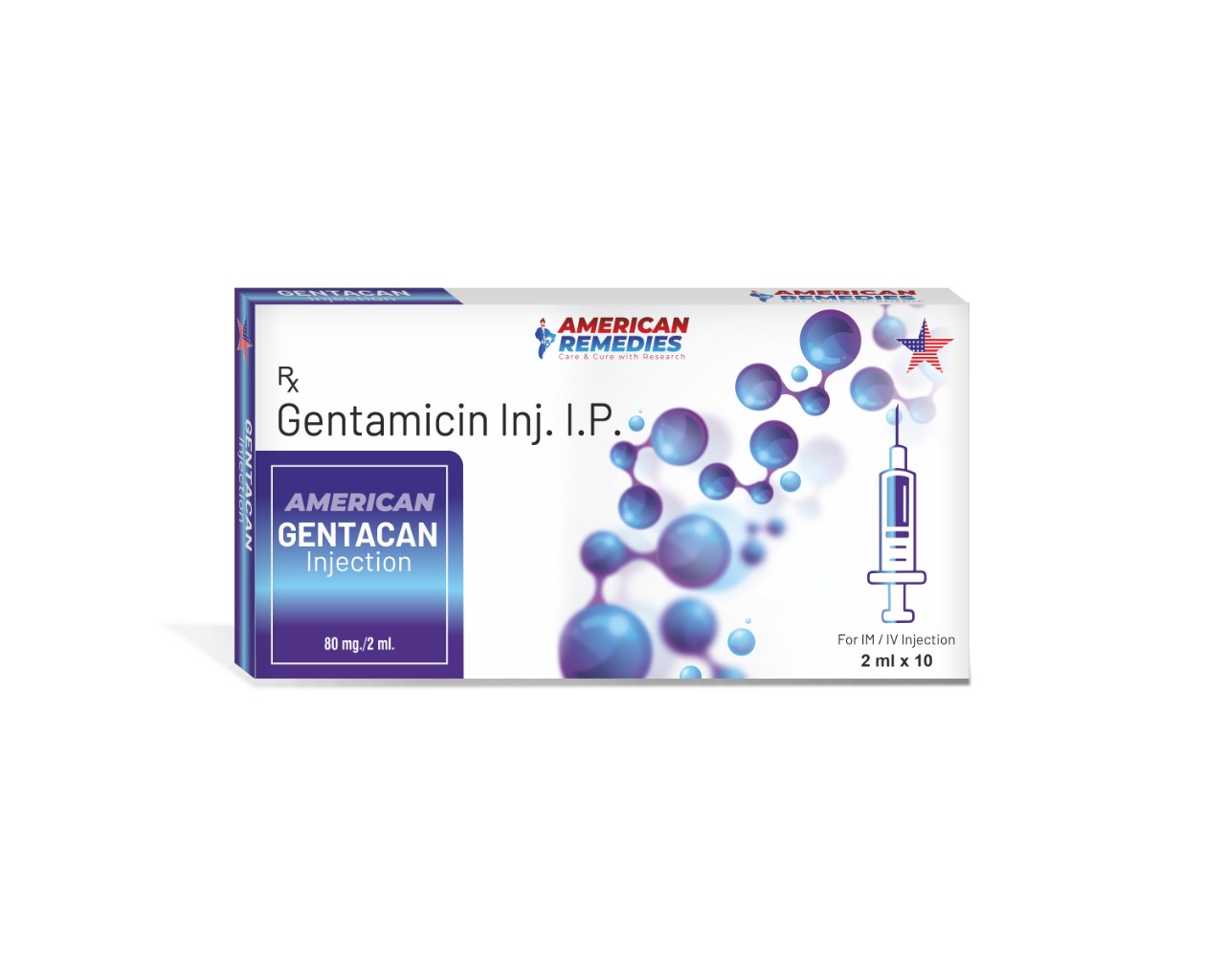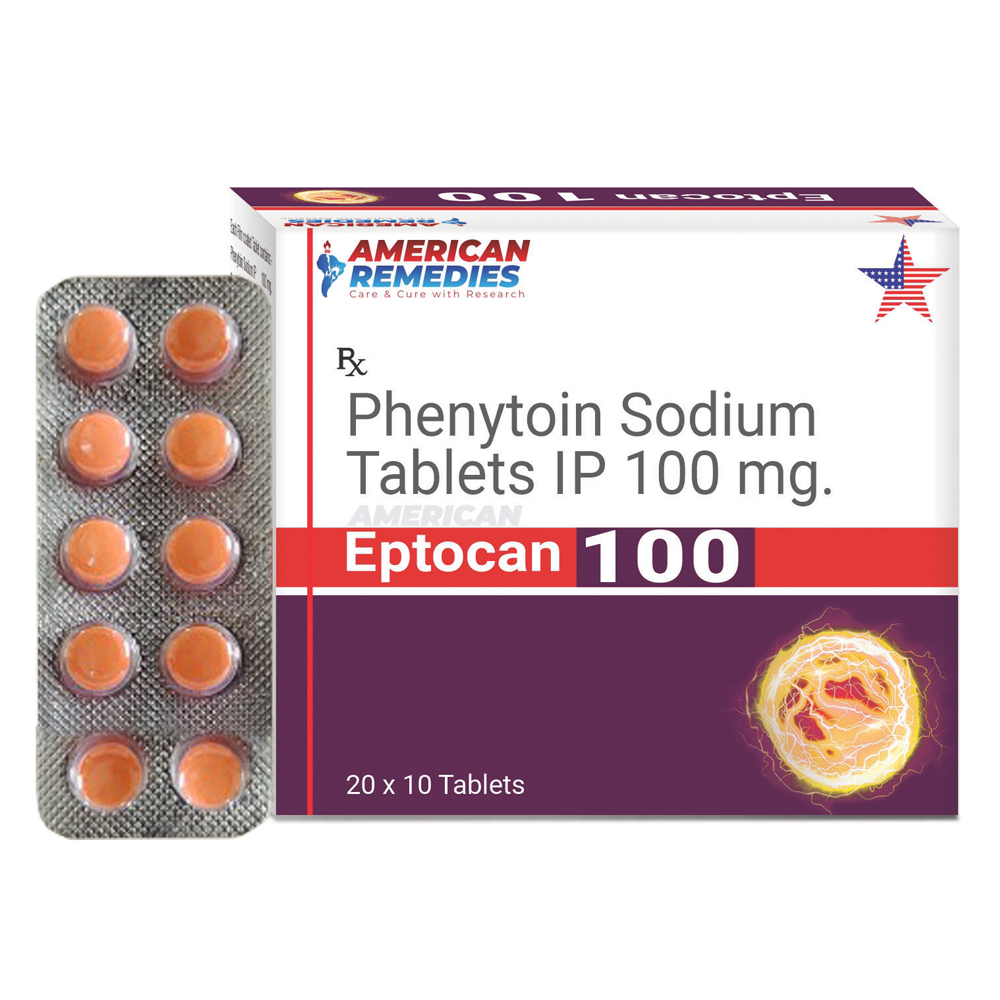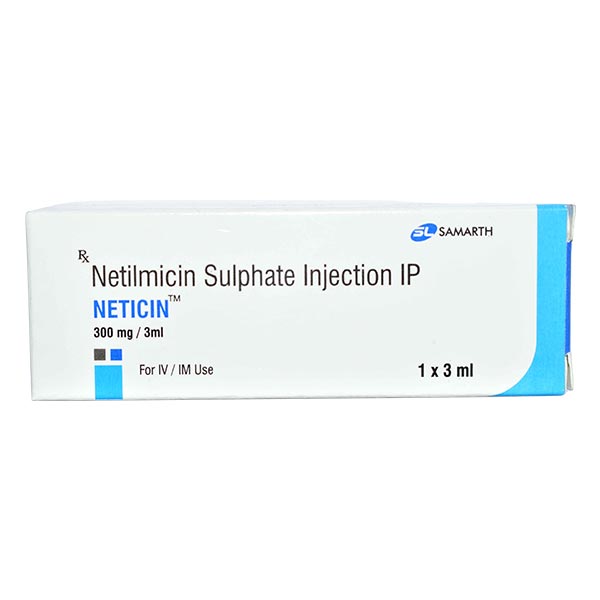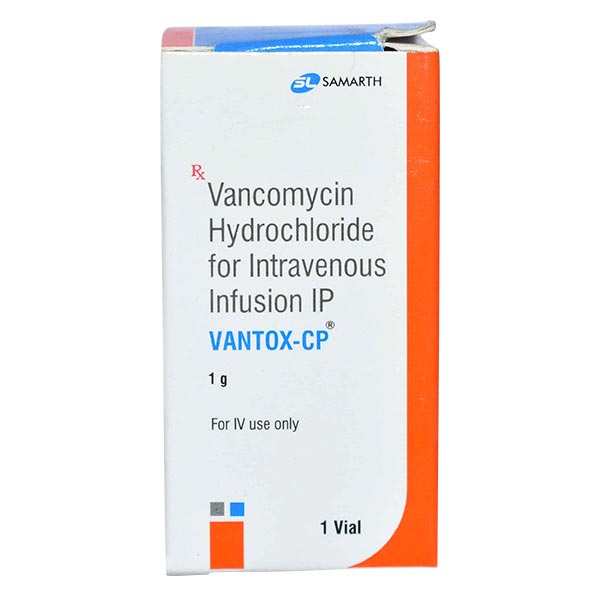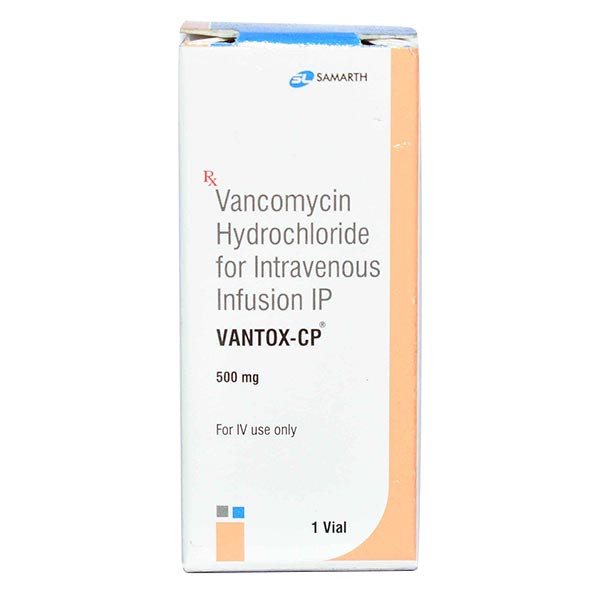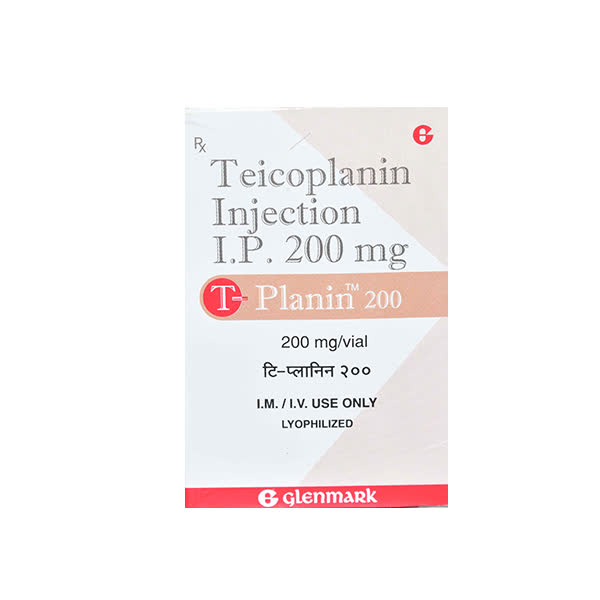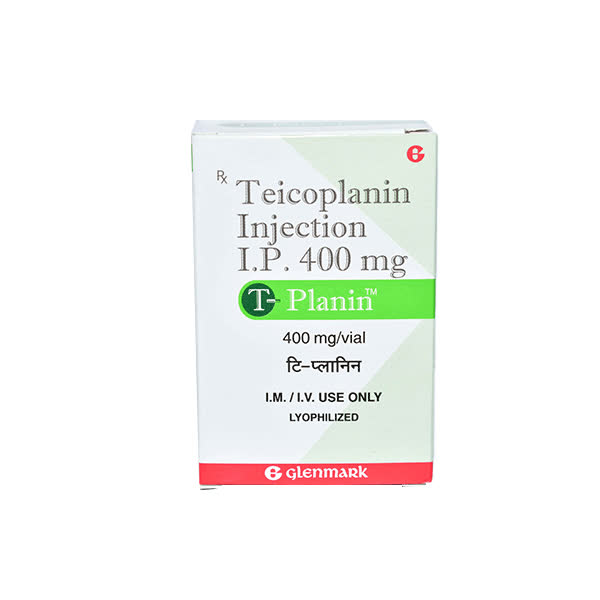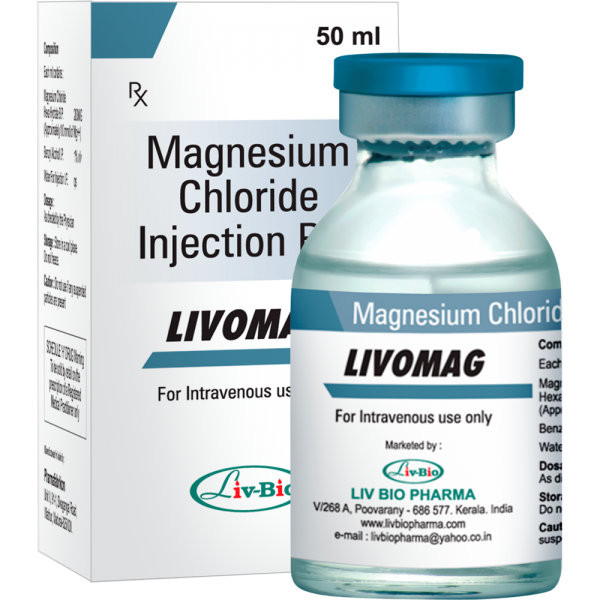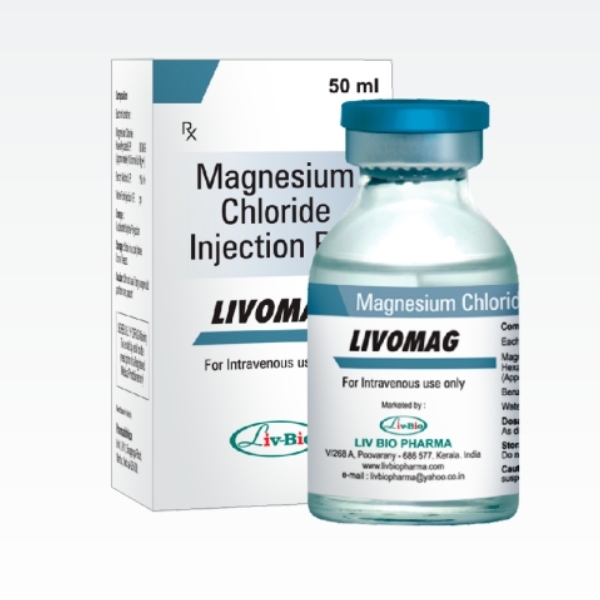Gentacan Injection is an antibiotic used to prevent or treat a wide variety of bacterial infections. This may include infections of the urinary tract, bones and joints, lungs (e.g., pneumonia), brain (e.g., meningitis), sepsis, and some others. However, it is not effective for gonorrhea. Gentacan Injection is also widely used in hospitalized patients to prevent infections. It works by stopping the growth of bacteria. It is given as a drip (intravenous infusion) or as an injection directly into a vein or a muscle under the supervision of a healthcare professional. Your doctor may shift you to another antibiotic after culture reports become available. It should be used regularly at evenly spaced time intervals as prescribed by your doctor. Do not skip any doses and finish the full course of treatment even if you feel better. Stopping the medicine too early may lead to the infection returning or worsening. This medicine may lead to kidney damage and hearing loss as side effects in some patients. Therefore, it is important to follow all the instructions given by your doctor while using this medicine. It may also cause balance disorder (loss of balance) and injection site pain in some people.
Send Message